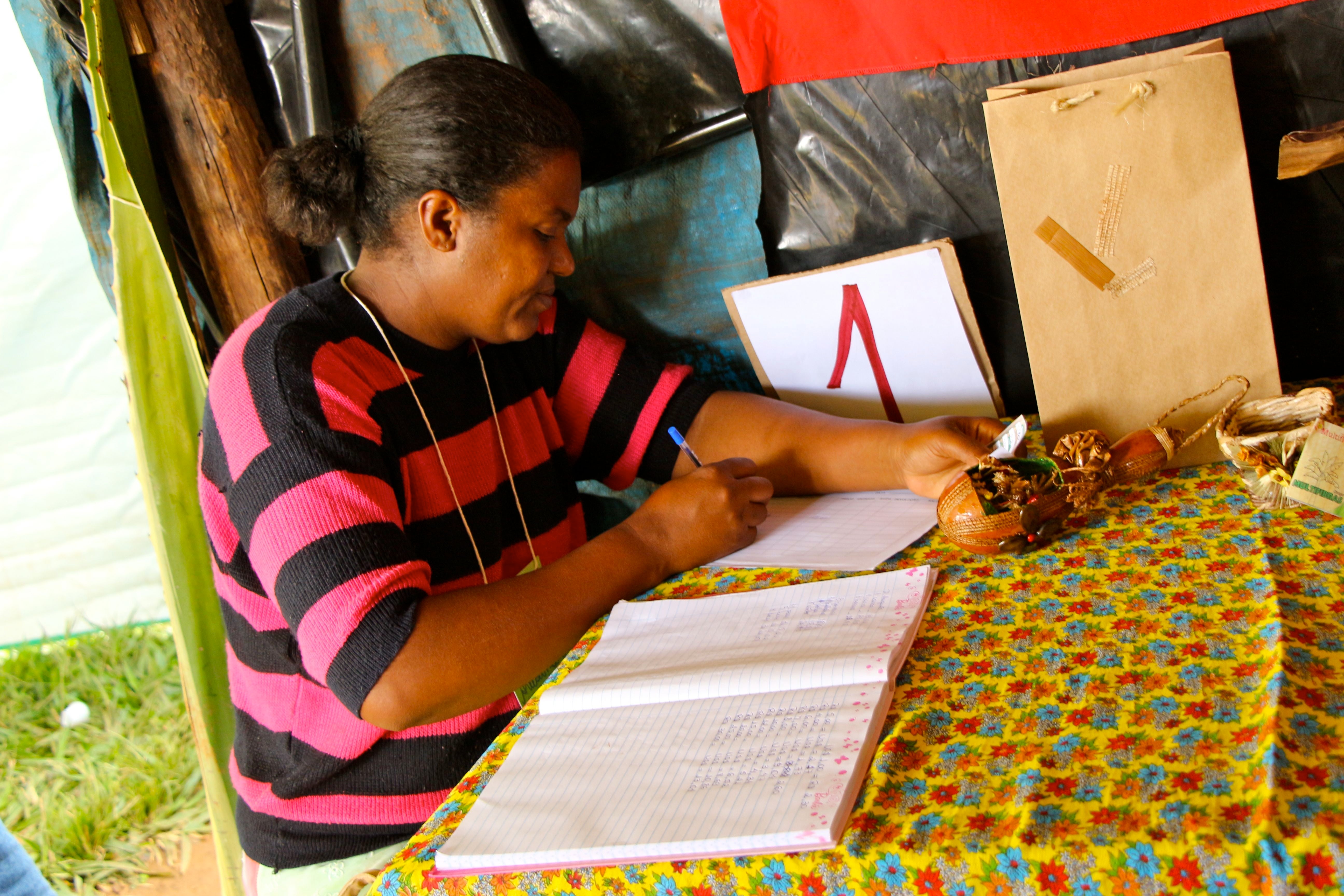Reaching the Ultra Poor in Latin America
Member States of the Organization of American States (OAS), in a 2010 communiqué, defined social protection as “an integral approach comprised of various universal and targeted policies and programs that seek to help individuals confront the various risks they face in their lifespan.” The Graduation Approach fits well under this theme, and we are particularly interested in it at the OAS since it is designed specifically for the poorest.
The OAS, through the Inter-American Social Protection Network (IASPN), provides a cooperation mechanism for the social development agencies of Member States – and other related governmental agencies, international organizations, academia and civil society – to learn from each other’s social protection policies and programs. In addition, the IASPN has provided capacity building on social protection to several government officials.
The IASPN is interested in learning and sharing information and experiences on innovative topics related to the regional social protection agenda, such as the Graduation Program.
Opportunities for the Graduation Approach in Latin America
Since the 1990s, Latin America has been the pioneer region in developing conditional cash transfer (CCT) programs. CCT programs represented an important innovation in social policy – they attempt to alleviate poverty by providing cash in exchange for actions that help build human capital, such as sending children to school or receiving immunizations. These policies have had positive results in many cases, but even with the evident progress, large sections of the population still lag behind and poverty is still widespread in the region.
 Woman writing
Woman writing
More recently, several countries in the region have adopted a wide set of social protection, productive inclusion, financial inclusion, or income-generating programs in order to address poverty. Some countries have developed overarching national poverty reduction strategies that seek to coordinate public interventions in order to avoid duplication of efforts and fragmentation.
This trend seems to highlight the need for more comprehensive and integrated social protection systems that address poverty reduction from a multidimensional and intersectoral approach. Countries in the region have recognized that they have a responsibility to develop and implement comprehensive social protection policies and programs. Countries also have agreed on the need for strengthening comprehensive social protection systems based on respect for human rights and on the principles of universality, sustainability, equality, inclusion, shared responsibility, solidarity and equity.
Several countries in the region have incorporated a rights-based approach to social protection, by establishing the right to social protection in their legal frameworks and hence recognizing the responsibility of governments in this regard. In this context, experiences such as the Graduation Approach--understanding it not as removing people from social protection, but instead helping them overcome extreme poverty--can help link the efforts of different governmental sectors, as well as other nongovernmental actors, in developing innovative solutions to poverty eradication.
Biggest challenges
Coordination among different sectors and agencies is an opportunity to do more and have a bigger impact. But it also poses challenges, as coordinating and articulating actions among several actors and sectors is not an easy task.
It’s also important to consider that no model is a silver bullet to poverty eradication. So there is a need to continue coordinating a variety of programs with a comprehensive strategy and from a multidimensional approach.
And as with everything that is shared in international development, what works in one country needs to be adjusted to specific needs and priorities on the receiving end. Even though the Graduation Approach has general features (consumption support, savings, transfer of assets, skills training, among others) that can be shared among countries, it is essential to consider the context of each country. That is where international organizations and international nongovernmental organizations come in by promoting South-South cooperation exchanges on social protection.




Add new comment